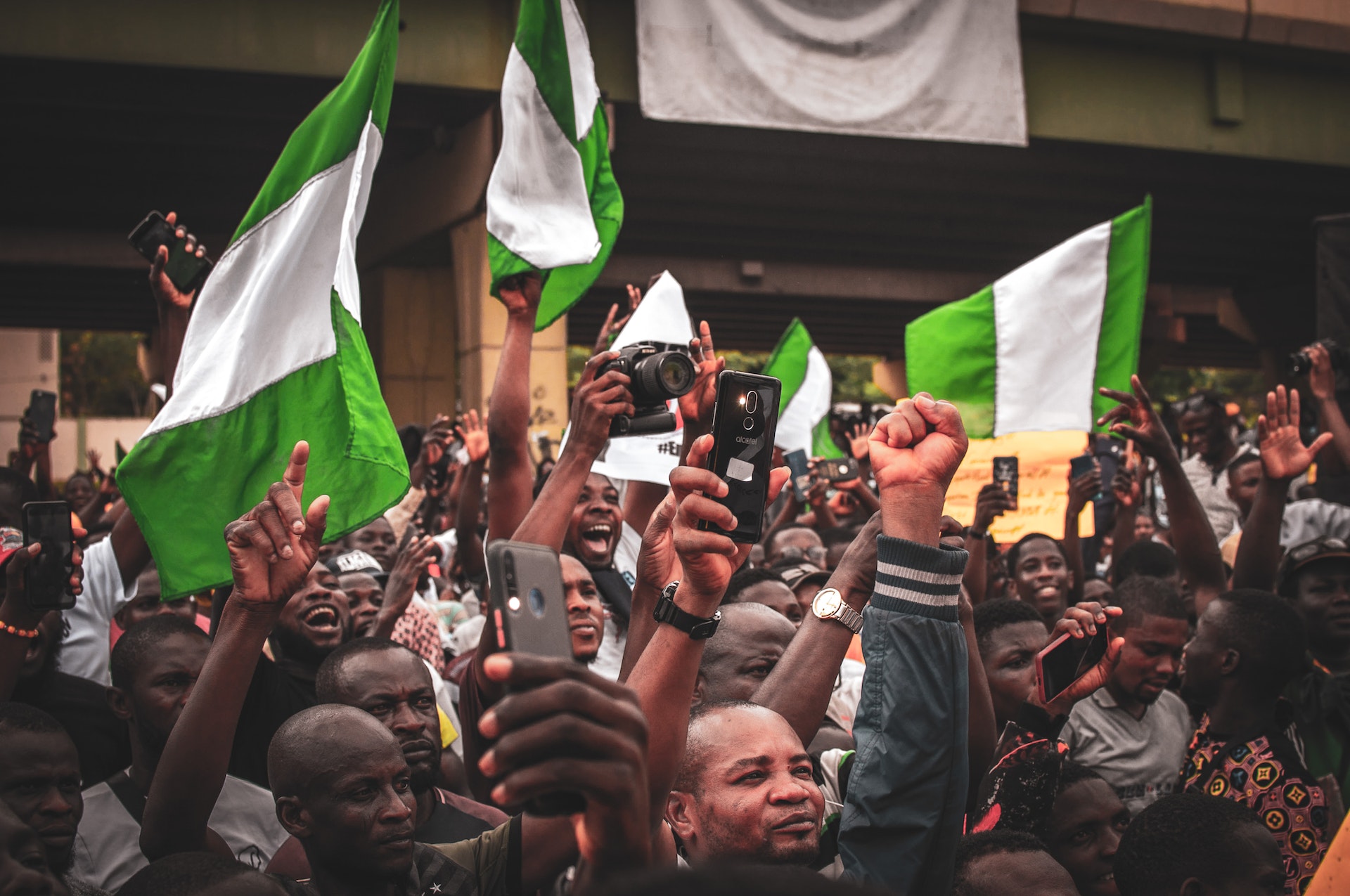Features
Daniel Adebayo: How Can We Use Digital Storytelling to Drive People’s Interest in Politics & Governance?

The content from digital applications has a significant impact on its users. Nowadays, people are learning songs through Instagram reels, and catchphrases from trending reels. As days pass by, trending TikTok videos become an integral part of our social language. Thousands of people have created communities that serve as safe havens for strangers who eventually become family. If these communities are channelled towards political education, the potential impact could be enormous.
For many years, one of the biggest problems in Nigeria’s political realm has been the lack of accurate information regarding government operations, as well as the presence of misinformation in some cases. This has resulted in a gap between elected officials and citizens, leading to strikes, protests, and tragic killings. Government officials tend to sit in their offices and assure citizens that they are working without providing any proof of their efforts. While it may be easy to accuse citizens of being politically apathetic, I believe that the government can improve its communication with the people. The actions, words, and nonverbal cues of those who serve the Nigerian people at the national and sub-national levels tell a powerful story, and narratives are being formed as a result.
Digital storytelling, through various forms like documentary photography, videos, audio narration, ads campaigns, or copies can drive the interest of the Nigerian people in what goes on in government. The people are becoming dissatisfied with being told what the government is doing; they want to see it and through digital storytelling, the people can be well aware of the government’s strategies.
In the past, citizens were content to sit with the television and/or radio to get informed on the state of affairs in the country. However, these traditional storytelling mediums are becoming unpopular. In fact, according to a report by Ofcom, 90% of 18-24-year-olds are more interested in streaming platforms and digital storytelling mediums than mainstream traditional communication channels. The older generations now watch fewer hours of TV too. In fact, the reach of a WhatsApp broadcast message much exceeds that of a TV station now. Using a single piece or advertisement on social media can have a significant impact on the narrative surrounding an issue of national interest. Social media platforms are increasingly used to engage people, with storytelling being a powerful tool to illustrate rather than explain. This presents an opportunity for the government to engage with the public and address the lack of confidence in the current governance system.
Due to the pandemic and restrictive movement, preparing for the American Presidential election was a challenging task for Joe Biden. However, he utilised digital storytelling mediums to connect with the American people. He appeared on Brene Brown‘s podcast to share his story of grief and empathy and utilised platforms such as Facebook, newsletters, and a podcast where he answered relevant questions about his plan for America. According to the New York Times, “the campaign’s empathetic digital strategy held up surprisingly well against President Trump’s passionate digital following.”
The largest Photo Book in the world is a creative work that allows Nigerian citizens and the rest of the world access to the behind-the-scenes life of a Nigerian president, all thanks to the storytelling prowess of Bayo Omoboriowo, a storyteller who continues to put Nigeria on the map. Digital storytelling can help lead the way in creating an accountability framework for government officials in Nigeria, as well as an inclusive governance structure that will inspire citizens to act. If we shift the focus of digital storytelling from political luxury to the people and their progress, we’ll be able to redefine Africa’s largest economy’s political narrative.
***
Featured Image by Tope A. Asokere for Pexels



















